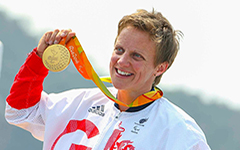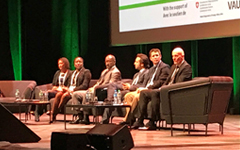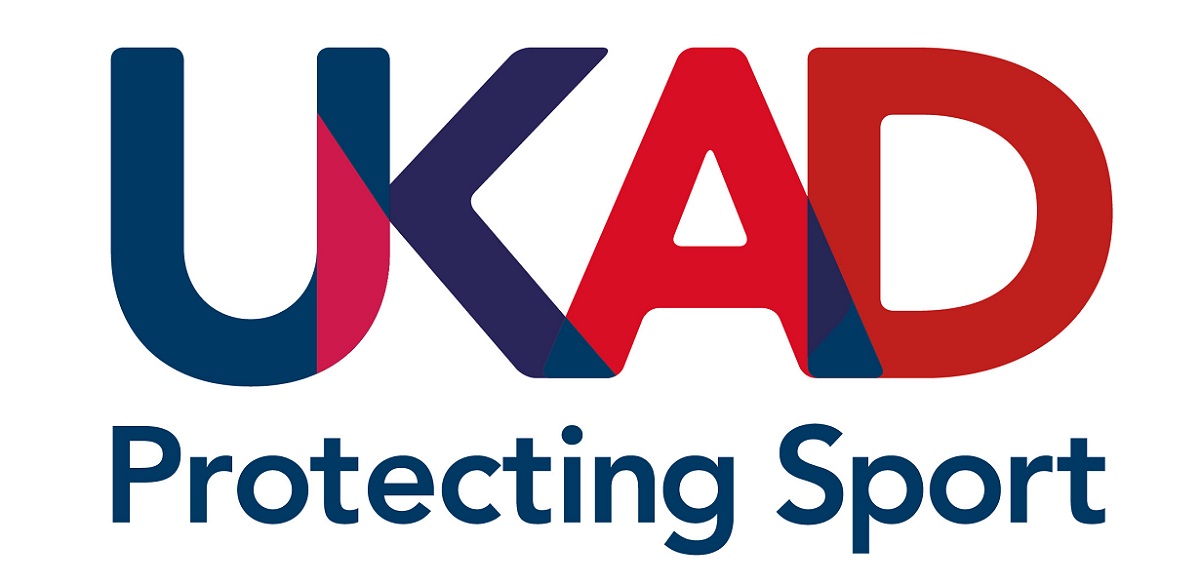BLOG: Nicole Sapstead – “Clear measures must be in place to encourage and protect athletes speaking out on integrity issues”
Last week (Monday 3 June) I had the opportunity to travel to Oslo to participate in the latest meeting of anti-doping leaders, which saw representatives from 19 National Anti-Doping Organisations (NADOs), come together to discuss a wide range of matters.
What made this meeting different to those that have gone before was that part of the day included a session with a distinguished panel of athletes. These athletes had been funded by their NADO to attend a Global Athlete meeting as well as a conference the following day.
The athletes spent Monday in a private meeting where they shared their views of NADOs, what more they wanted from us, their experiences generally as athletes and where they felt they deserved more of a say and better rights/treatment; so, a spectrum off issues wider than just anti-doping.
It proved to be an invaluable insight into the views of those we ultimately work to represent and protect. At UK Anti-Doping (UKAD) we are fortunate to have an established and very engaged and active Athlete Commission, from whom we can gain regular feedback and views. Not all NADOs have an Athlete Commission or the opportunity for this type of athlete engagement. Even for those of us who do, the value of obtaining the widest possible insight from athletes globally cannot be understated.
What was apparent from the meeting was, firstly, that athletes are grateful to NADOs for supporting the athlete voice. This is something that has really come to the fore in recent months and there was consensus amongst the NADOs that we must continue to not only support but promote and provide every opportunity for this to grow and strengthen. This includes looking closely at the platforms given to athletes to speak out and, what support mechanisms are in place for those who do, particularly on highly sensitive issues like doping, welfare and integrity more generally.
It is clear that far too many athletes don’t know who to turn to or trust when it comes to sharing their concerns or reporting wrongdoing. They rightly wish to be reassured that there will not be reprisals for speaking out, that more should be done to protect them if they do and that when they do say something, they can have confidence that something will be done about it.
Whilst I speak largely with an anti-doping hat on, it is clear that our world crosses over other aspects of integrity, and we, other NADOs and the individual sports and funding bodies have a responsibility to demonstrate that they are open to hearing information which could potentially be damaging to their reputation, credibility or overall performance, at least in the short-term. To do nothing, to turn a blind eye, has far more serious and long-lasting implications.
Beyond this, we must all have appropriate policies and procedures in place to deal with this information effectively.
A good example is the British Athletes’ Commission (BAC), whose mission is to provide independent and confidential advice and support to athletes, and act as a critical friend to those on performance programmes. It also consolidates feedback via the athlete representative network, which is then presented to the UK Sport Board. The BAC may also be referred cases via UK Sport, if they are approached by an athlete with concerns.
Many other topics were discussed throughout the day, but this is one that is not only of huge importance but one for which we can all, as organisations and sporting bodies whatever role we might play in sport, take steps to make significant improvements for those we work to represent and support; the athletes.
That just covers day one of my trip! On Tuesday, I attended an event run by the World Forum for Ethics and Business, FairSport and Anti-Doping Norway, titled ‘Athletes, Sports, Sponsors and Broadcasters – A cooperation for clean and ethical sport’. The whole event was live streamed and the morning session with journalist David Walsh followed by the panel discussion with the athletes are well worth catching up on. There are moments in both of these sessions where you can’t help feeling emotional, humble or outraged at the conditions some athletes have to endure to make it in their sport.



